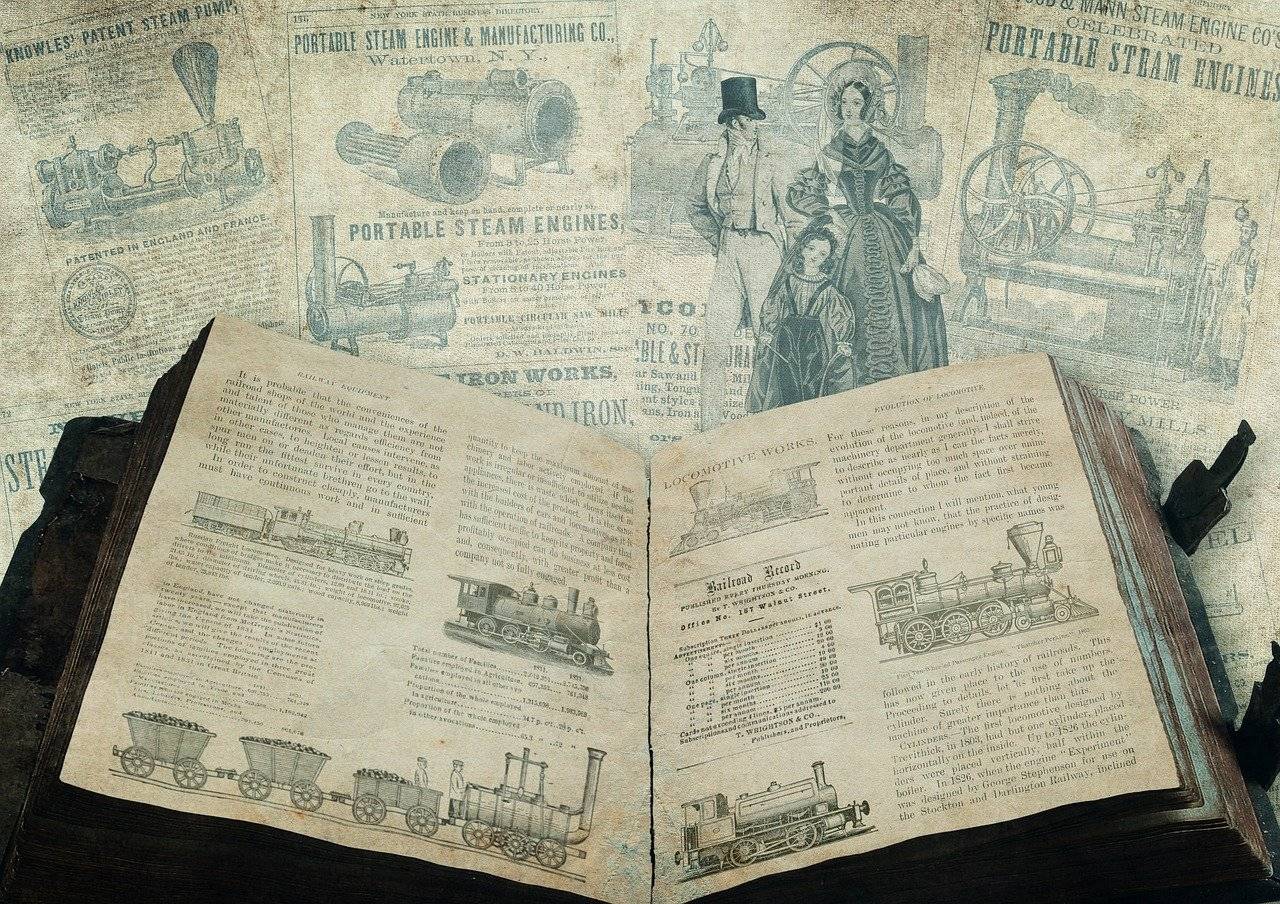This is in furtherance of Gaurav’s post with respect to refusal of Pfizer Patent by the Indian Patent Office. I do not wish to repeat the facts or reiterate the order. However, I would like to bring forth one aspect of the order that seems to contradict the Novartis decision of the Supreme Court. In the Novartis case, the Supreme Court clearly laid down that assessment of subject matter and novelty/inventive step cannot be merged, and they are two segregate elements of patentability analysis.
Section 3(d) reads as follows:
“The mere discovery of a new form of a known substance which does not result in the enhancement of the known efficacy of that substance or the mere discovery of any new property or new use for a known substance or the mere use of a known process, machine or apparatus unless such process result in a new product or employs or least one new reactant.”
Explanation – For the purposes of this clause, salts, esters, ethers, polymorphs, metabolites, pure form, particle size, isomers, mixtures of isomers, complexes, combinations and other derivatives of known substances shall be considered to be the same substance, unless they differ significantly in properties with regard to efficacy.”
The focus of this post is on the meaning of the phrase “known substance” and what can be used to interpret its meaning.
In its patent application, Pfizer claimed the enantiomer of the known compound 3-{4-Methyl-3-[methyl-(7H-pyrrolo [2, 3-d] pyrimidin-4-yl)-amino]-piperidin-1- yl}-3-oxo-propionitrile. The compound claimed is an isomer of a compound in an earlier filed patent application, in which Pfizer is also an applicant, which has been referred in the order as D1. The patent application in question for patentability was filed before the base compound patent application (D1) was published, which means it was not known to the general public.
Now, the question is whether a compound disclosed in an unpublished document can be considered as a known substance for purposes of Section 3(d). With respect to this, the Assistant Controller stated that a prior filed, but unpublished application in India is novelty negating, and therefore, will act as prior art for anticipation purposes, and so, the substance will be considered as known substance. Isn’t this bringing novelty analysis into Section 3, which the Supreme Court specifically stated must be avoided?
Let us assume for a minute that this does not amount to reading novelty into Section 3(d), and is just an importation of the doctrine for assessing whether something is known or not. Obviously, prior knowledge is a well recognized element of novelty jurisprudence, and that may be adopted for interpreting the scope of prior knowledge in other patent contexts as well, such as for interpreting whether a substance is a known one or not. If that is the case, why shouldn’t we import inventive step analysis into Section 3(d)? Is it because that might open doors to overcome Section 3(d)?
Technically, an invention that is only privy to the patent applicant, even if subject of a patent application is not part of public knowledge. Therefore, Pfizer need not show enhanced efficacy compared to a compound in a prior application, which was not published because the compound is not a known substance. Does “Known Substance” include even the substance known to the applicant himself, and is only part of private knowledge?
To me, this decision seems to ring a wrong bell.



